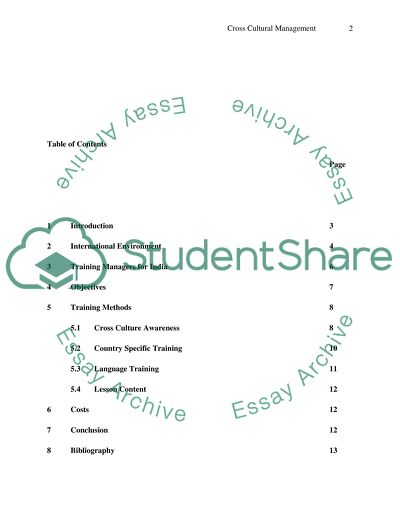Cite this document
(“Cross-cultural management Essay Example | Topics and Well Written Essays - 2500 words”, n.d.)
Cross-cultural management Essay Example | Topics and Well Written Essays - 2500 words. Retrieved from https://studentshare.org/miscellaneous/1540627-cross-cultural-management
Cross-cultural management Essay Example | Topics and Well Written Essays - 2500 words. Retrieved from https://studentshare.org/miscellaneous/1540627-cross-cultural-management
(Cross-Cultural Management Essay Example | Topics and Well Written Essays - 2500 Words)
Cross-Cultural Management Essay Example | Topics and Well Written Essays - 2500 Words. https://studentshare.org/miscellaneous/1540627-cross-cultural-management.
Cross-Cultural Management Essay Example | Topics and Well Written Essays - 2500 Words. https://studentshare.org/miscellaneous/1540627-cross-cultural-management.
“Cross-Cultural Management Essay Example | Topics and Well Written Essays - 2500 Words”, n.d. https://studentshare.org/miscellaneous/1540627-cross-cultural-management.


